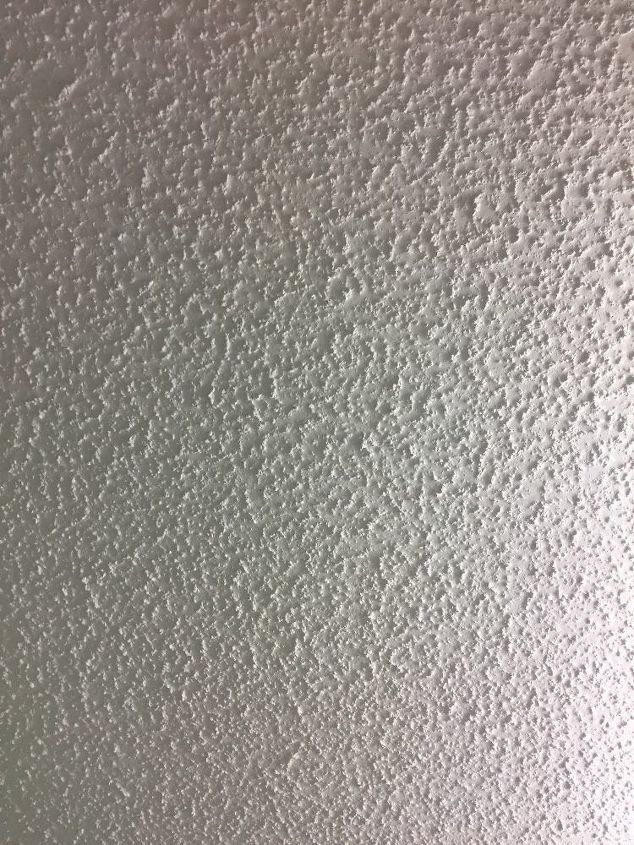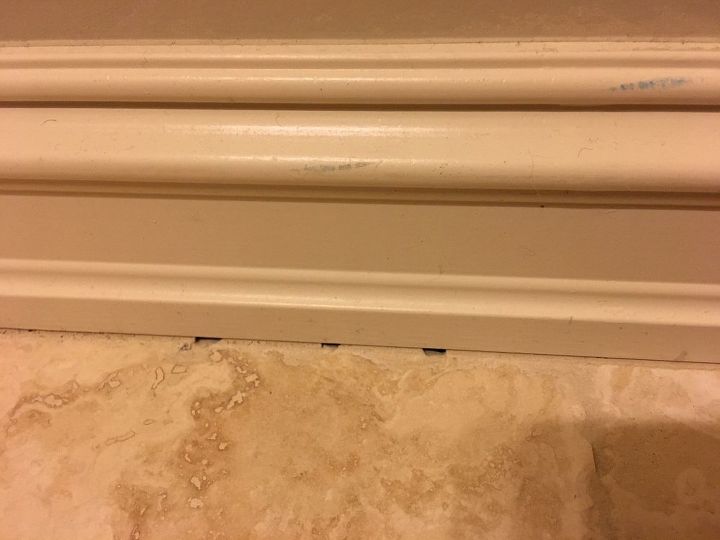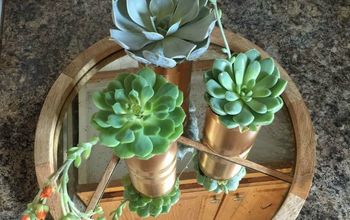How to get rid of sewer gas odor
-
You should not be smelling sewer gas. Perhaps a p trap was omitted in installation, which prevents gas from coming back into the house. It could also be a slight gas leak if you have natural gas or propane.
 Vickie Maxey
on Sep 05, 2016
Helpful Reply
Vickie Maxey
on Sep 05, 2016
Helpful Reply -
-
Agree with Vickie! If the plumbing is new either something is missing or plumbing was not installed correctly allowing sewer gas to enter the home. All plumbing fixtures should have a P trap or S trap and vent stack that terminates above the roof line.
 William
on Sep 05, 2016
Helpful Reply
William
on Sep 05, 2016
Helpful Reply -
-
My two cents worth is in 100% agreement with folks above! Somebody forgot something. Now if contractor does not own up or refuse to fix get ahold of the county inspectors or your area's License & Inspections. What a shame all new very 'expensive' plumbing and then THAT smell. Baking soda has it's benefits.
 Suzette Trimmer
on Sep 05, 2016
Helpful Reply
Suzette Trimmer
on Sep 05, 2016
Helpful Reply -
-
We had the sewer gas smell before the new plumbing. Plumbing was over 40 years old. I thought the problem might be from the house to septic
 Linda T
on Sep 05, 2016
Helpful Reply
Linda T
on Sep 05, 2016
Helpful Reply -
-
I will check with the plumber
 Linda T
on Sep 05, 2016
Helpful Reply
Linda T
on Sep 05, 2016
Helpful Reply -
-
An S trap could be dry. Try pouring water down all drains to ensure there is water in each trap which stops the gas smell from coming into home. Also could be something wrong with septic since you smelled it before new plumbing installed.
 Gil Paterson
on Sep 05, 2016
Helpful Reply
Gil Paterson
on Sep 05, 2016
Helpful Reply -
-
Poor water down all the drains, including the basement floor drain - dry traps allow odors. If this doesn't help, call your plumber.
 Esp9457745
on Sep 06, 2016
Helpful Reply
Esp9457745
on Sep 06, 2016
Helpful Reply -
-
My guess is that somewhere there's a pea trap missing. While my home was under construction, I lived in a camper behind. The plumbing was stubbed in for me to sort of use via a temporary set up. I remember that awful smell. I was assured as soon as everything was in place, it would go away. It did. So, if your renovation passed a county code inspection, I'd be calling somebody for a second look.
 Lynne Webb
on Sep 06, 2016
Helpful Reply
Lynne Webb
on Sep 06, 2016
Helpful Reply -
-
You have to pour bleach in your sink drains once in a while..
 Susan
on Sep 06, 2016
Helpful Reply
Susan
on Sep 06, 2016
Helpful Reply -
-
What do you mean when you say " all of the plumbing is new"? Do you mean ALL of the sewer, waste and vent pipes have been replaced starting with the sewer line outside the house, extending to every plumbing fixture and all new vent pipes extending through the roof? Were ALL of the old pipes removed? Please answer these questions and I might have some suggestion on how to diagnose the problem.
 Jay
on Sep 06, 2016
Helpful Reply
Jay
on Sep 06, 2016
Helpful Reply -
-
The outside has not been replaced. The drains from the utility room in my basement were not replace. The bathroom drains in the basement and all other plumbing including fixtures in the entire house have been replaced. The vent pipes were also replaced.
 Linda T
on Sep 06, 2016
Helpful Reply
Linda T
on Sep 06, 2016
Helpful Reply -
-
After spending $ 1800.00 on having all the pipes replaced on my sewage pump by a master plumber, the smell was the same . I decided to clean all the elbows in the sinks and tubs with liquid plumber and voila the smell was gone. Cost me under $ 20.00. The master plumber was a master crook. I now do this procedure every time I detect a smell. About every 3 or 4 months.
 Shiley
on Sep 06, 2016
Helpful Reply
Shiley
on Sep 06, 2016
Helpful Reply -
-
Definitely check P traps under sinks first, they may need to be cleaned out, if not one of your P traps is not holding water and letting the sewer gas thru
 R Walter
on Sep 06, 2016
Helpful Reply
R Walter
on Sep 06, 2016
Helpful Reply -
Related Discussions
How to get rid of mice?
We seem to have some unwelcome Mickeys and Minnies in our house. What is the best way to get rid of them?
How to remove popcorn ceiling with asbestos?
I want to remove my popcorn ceiling, but it has asbestos in it. How do I go about this safely?
How to caulk baseboard gaps?
How do I fill gaps at baseboard, should I caulk? If so, does anyone know how to caulk baseboards?
How to fix squeaky hardwood floors?
How do I fix squeaky hardwood floors?
How do I get rid of the odor in my new PEX pipes?
New pex pipe installed in house bad odor terrible smell n taste in my bathroom? Any ideas?



